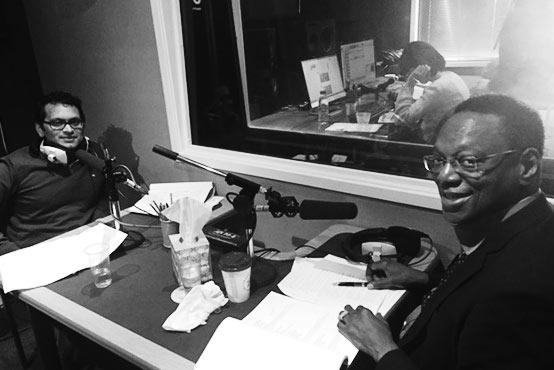
Your finances in a changing world
9th August 2016
Disruption is a widely used word in business, especially relating to technological innovation; however, it is also a term that is increasingly relevant to our personal finances, especially if we want to make the most of the money we earn, save and invest.
Disruption means a development, innovation or change that throws a standard or traditional business practice or way of thinking into disorder, or interrupts its usual course or process.
Traditionally in personal finance, disruptions were taken into account through a process known as “what-if” planning. What if we have a child or children? What if I’m made redundant? What if I can’t work because of sickness? What if my marital problems lead to a divorce? What if my partner or spouse dies? While many people probably feel that such planning is being rather pessimistic instead of optimistic, it is actually being practical. In truth, thinking about the possibility of these and other “what-ifs” enables us to create a Plan B.
This back-up plan gives us the breathing room to make well-reasoned decisions about the situations we encounter, making it less likely we will panic when the unexpected happens.
Disruption today goes beyond these personal situations. It involves the introduction of new financial services, products, and technologies (Apps and online services, for example) as well as changes in Government polices and regulations, all of which affect our ability to make our money work smarter, in the way that each of us want and need it to, today and in the ever-changing future.
Just think about what you can do online and electronically today that you could not do a decade or even five years ago. And now think about the number of those innovations in banking, paying bills, monitoring your financial activity, transferring money, and investing that you now use, sometimes everyday, as if they have been around forever. The growth of robo-advising and Peer-to Peer (P2P) lending, for example, illustrates how a simple, clear idea with proper safeguards and due diligence can be a suitable choice for some people. Now let your imagination run wild and consider the implications of some of the financial innovations that will be introduced. As they improve over time, they will disrupt the usual ways we think about our money and the choices we make. Some of the innovations will most certainly replace practices, conventions and processes that we now take for granted today, like using a debit card. Every one of us needs to be more proactive in keeping abreast of these financial disruptions. Each of us has to decide which changes we can use to benefit our money and ourselves.
Extract by Alvin Hall, Independent Financial Educator, broadcaster and author, taken from the new Crowdstacker book 'Your Essential Guide to Personal Finance'. Download your free copy of the book here.
